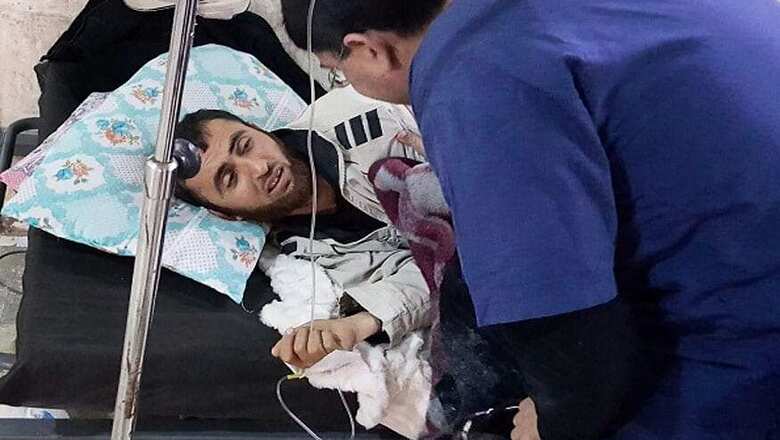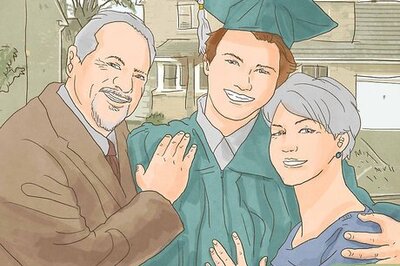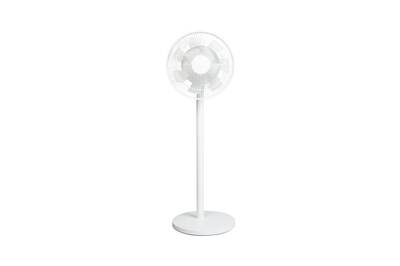
views
Beirut: An air strike hit rebel-held Khan Sheikhun in northwestern Syria on Tuesday morning, leaving dozens of civilians dead from a suspected chemical weapons attack.
Syrian Foreign Minister Walid Muallem on Thursday denied government forces dropped chemical weapons on the town, after regime ally Russia said "toxic substances" may have been released when a "terrorist warehouse" was struck.
The air strike by regime forces attacked an arms depot belonging to jihadists "that contained chemical weapons", according to Muallem.
The death toll in the town of Idlib province has risen to 86, 30 of them children, the Syrian Observatory for Human Rights said, with more than 160 wounded and others missing.
Turkey said the autopsies of three of those killed in Khan Sheikhun confirmed that chemical weapons had been used by President Bashar al-Assad's regime, who France said would one day be tried as a "war criminal".
Western powers have pushed ahead with efforts to take action against the Damascus regime over the killings and US President Donald Trump has warned it will not go unanswered.
What happened?
Air strikes hit the rebel-held town of Khan Sheikhun on Tuesday morning, and residents reported finding entire families "dead in their beds".
Local medics told AFP they had treated cases of suffocation, convulsions, pinpoint pupils, and rapid pulses.
The World Health Organization and Doctors Without Borders (MSF) said victims showed symptoms consistent with the possible use of a nerve agent, such as sarin.
Residents were rushed to clinics inside the town and wider province, and some victims were taken across the border for treatment in Turkey.
The gruesome footage and harrowing testimony emerging from Khan Sheikhun have sparked international outrage.
Who was behind it?
Syria's opposition and jihadists have accused the government of carrying out the strike.
But Syria's army "categorically" denied the claims, saying it had never used chemical weapons "any time, anywhere, and will not do so in the future".
The UN Commission of Inquiry on Syria and the UN's chemical arms watchdog have said they are working to determine whether chemical substances were used.
How has the world reacted?
US President Donald Trump warned that the "affront to humanity" would not go unanswered, as France pressed for a UN Security Council resolution demanding an investigation.
The draft resolution backs a probe by the Organization for the Prohibition of Chemical Weapons (OPCW) and demands Syria provide information on its operations.
Moscow, which has said a Syrian air strike hit a "terrorist warehouse" containing toxic materials, said that Western charges against Damascus over the "monstruous crime" were not based on "objective materials or evidence".
Israeli Defence Minister Avigdor Lieberman said that he was "100 percent sure" that Assad had ordered a chemical attack, without giving proof.
When have chemical weapons been used?
If confirmed as an attack, Khan Sheikhun would rank among the worst incidents of chemical weapons use in Syria's civil war, which has killed more than 320,000 people since it began in March 2011.
Syria's government officially joined the Chemical Weapons Convention and turned over its chemical arsenal in 2013, as part of a deal to avert US military action.
That agreement came after hundreds of people -- up to 1,429 according to a US intelligence report -- were killed in chemical weapons strikes allegedly carried out by Syrian troops near Damascus.
But there have been repeated allegations of chemical weapons use by the government since, with a UN-led investigation pointing the finger at the regime for at least three chlorine attacks in 2014 and 2015.
The Islamic State jihadist group was also found to have used mustard gas in a 2015 attack in Syria.




















Comments
0 comment